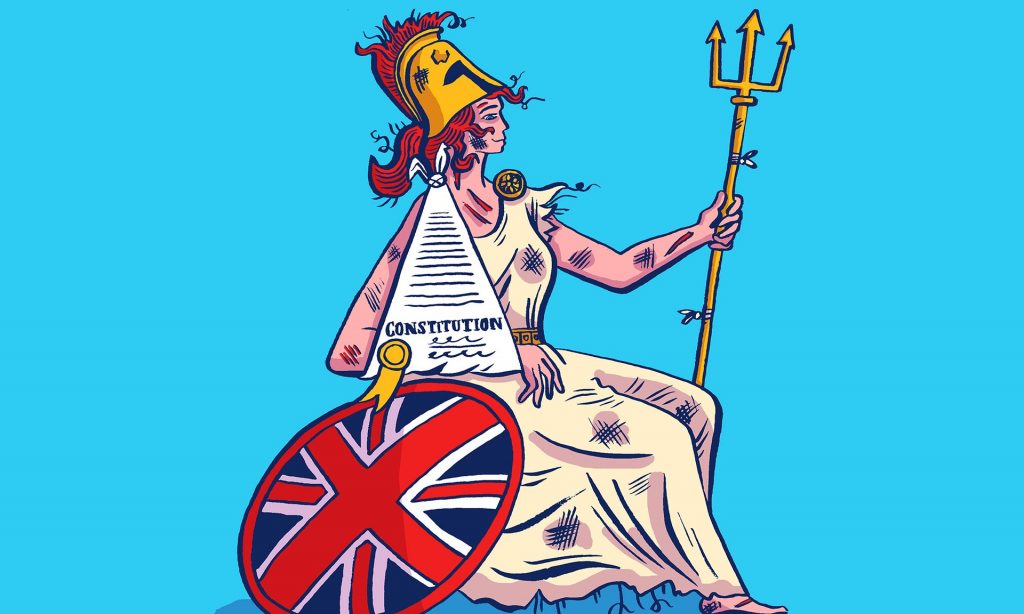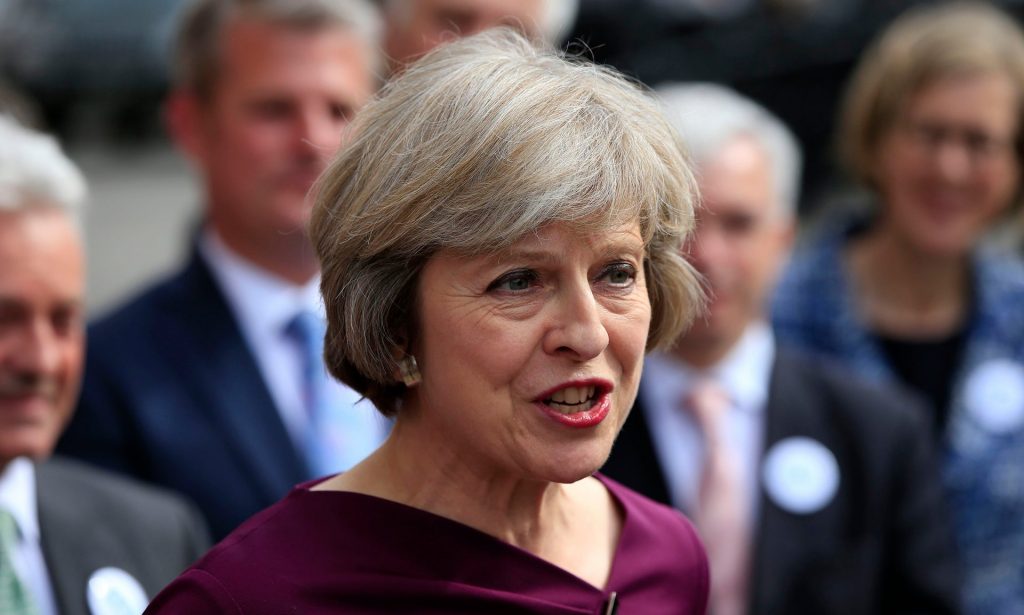
David Cameron has had a good week. Never mind that he took a gamble with the UK’s future, lost his bet and then opted to retire from what seem likely to be protracted and unpleasant consequences; in media terms he has been able more or less to recede from view. Instead, the spotlight has been on other individuals: on the delicious backstabbing among competing Conservatives, on the struggles between the Corbynistas and their opponents and on Chilcot’s weighty verdict on the failings of an earlier prime minister, Tony Blair. But what if the essence of our present problems is more than a matter of individuals?
It is unlikely to be an accident, for instance, that Blair and Cameron, skilful political players both, each came to grief over matters to do with foreign affairs. This is a sector of government where traditionally prime ministers are given a great deal of leeway. Perhaps too much leeway. Perhaps one lesson of our current difficulties is that Westminster and other UK agencies need to find better ways of monitoring, amending and regulating prime-ministerial actions.
Cameron did not, for example, opt for a referendum on the EU chiefly to cater to democracy. He did what he did to placate his party’s Eurosceptic wing and in an attempt to scuttle Ukip. Shouldn’t some thought be given as to how, in the future, we might better protect our politics from such partisan, cynical and lazy deployments of this device: a device that by definition reduces the most complex and technical questions to a crude “yes” or “no”?
There are other respects, too, in which the Brexit vote only exposes afresh structural and governmental challenges and deficiencies in the UK that have been longstanding and which, by itself, it will do nothing to resolve, and may indeed make worse. Self-evidently, Brexit underlined again some of the actual disunities of the United Kingdom with very different voting patterns emerging in Northern Ireland, and still more in Scotland, than in Wales and in most of England.
The vote confirmed something else: a sense of bereftness that is disproportionately (though not uniquely) felt in England. Lots of people in that country seem to have opted for Brexit out of a near mystical sense that it would somehow give them their country back. This did not simply stem from worries over immigration. Since the 1990s, devolution has done something to enhance the sense of self-government and distinctiveness in Wales, Scotland and Northern Ireland, but nothing comparable has yet been done for England. George Osborne, like Labour before him, has certainly made something of a push for elected mayors. But this has been a gesture to local and civic identities, not a celebration of collective English identities.

Photograph: Jonathan Brady/PA
Will the crises and fierce debates set off by Brexit, which are likely to be long running and deep, do something to focus attention on these longstanding issues and force some substantial attempts to address them? Historically, and across the world, major crises have often resulted in acts of constitutional and political reconfiguring.
Since the 17th century, for instance, it has tended overwhelmingly to have been war – whether international war or civil war – or the experience of military defeat, or invasion and the fear of invasion, or revolution, or decolonisation, that has obliged states to devise and venture on new political constitutions. This is not just because traumas of this kind often compel states to undertake some political change and reorganisation. More positively and creatively, traumas often lead to widespread demands within a country for a fresh start.
So might the Brexit crisis possibly contribute to some kind of process of political renovation and reimagination here? The opportunities – and the need – certainly exist. In an ideal world, which of course we do not have, a future UK government could, say, consider holding a special convention or set of meetings with elected representatives from the four nations specifically to discuss, and thrash out, and consider new ideas about what a post-Brexit United Kingdom might ideally look like and what its challenges and opportunities are likely to be.
Such a convention might well resolve – finally – to forge a more explicitly federal system. This would make it rather easier for each of the different component parts of this polity to forge their own distinctive residual relationships with the EU if that was their people’s choice. An explicitly federal structure to the UK would also be able to give England its own local parliament, situated perhaps in the north, thereby applying an effective but responsible salve to the sense of bereftness that currently affects both the northern sector of England and English nationalists more generally.
Any kind of new UK federal system would almost certainly demand the creation of a written constitution. Properly drafted, such a document could, among many things, pin down more effectively the proper dimensions of prime ministerial power. More importantly, it could function as a new script for identity, beliefs and rights amongst the UK’s millions of very miscellaneous citizens. Bills of rights and written constitutions, both of which these islands have experimented with at different times in the past, are not remotely magic bullets. They sometimes fail badly. But they can, with luck and care, help to bring into existence the identities, the cohesiveness and some of the ideals that they set out in words.
Will any of this happen? Probably not, for all that the opportunities and the need are very much there. Like many other polities gripped by a sense of extreme flux and/or decline, the UK in recent decades has succumbed more obviously to a cult of strong or at least charismatic leadership. It has been striking how much of the language surrounding the current Tory leadership contest has harped on the need for a new Margaret Thatcher. By the same token, while Jeremy Corbyn is hardly a conventionally charismatic politician, many of those at grassroots level who are still passionately devoted to him seem to believe, quite as much as do old and new Thatcherites on the other side, that all that is needed is to get the right kind of individual at the top. Yet, thus far, Corbyn’s expressed ideas for a renovated UK hardly seem to be very imaginative or wide-ranging – or sufficient.
Nor, probably, are Theresa May’s. A clever, thoughtful and careful politician, the essence of her appeal – and why she will probably become prime minister – is that she is so obviously cast as the nation’s nanny. She will be tough but fair. She will stand for no nonsense. She will calm down the nursery and bandage up knees. But what if that is no longer enough?

